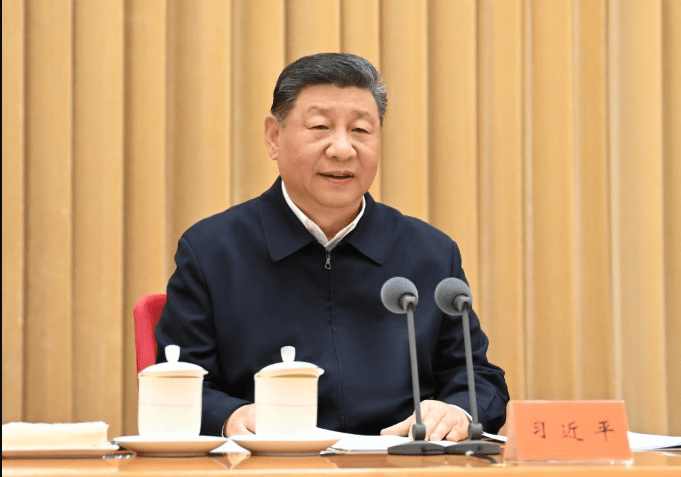Chinese President Xi Jinping has called on Vietnam to strengthen ties with Beijing and jointly oppose “unilateralism and bullying practices” as trade tensions with the United States continue to escalate.
Speaking during a state visit to Vietnam, Xi’s remarks come at a pivotal moment in China-Vietnam trade relations, as both countries contend with high U.S. export tariffs under the current reciprocal tariff regime. The Chinese leader’s comments reflect Beijing’s strategic aim to build regional partnerships that resist Western-led protectionism.
According to China’s official news agency Xinhua, Xi encouraged deeper cooperation between the two nations, framing the relationship as a bulwark against growing global economic uncertainty.
While Xi avoided naming the United States, the underlying message was reinforced later by China’s foreign ministry, which directly criticised Washington’s tariff policies.
“The U.S. uses tariff as a weapon to exert maximum pressure and seek selfish gains, and puts its own interests over the public good of the international community,” Lin Jian said in a press conference on Monday.
“This is a typical move of unilateralism, protectionism and economic bullying, which severely hurts the interests of China, the EU and the rest of the world.”
Xi’s visit to Vietnam illustrates Beijing’s broader push to consolidate influence in Southeast Asia by appealing to shared economic interests. Vietnam, with its growing manufacturing base and strategic importance, is seen as a crucial partner in counterbalancing U.S. trade aggression.
The appeal for stronger China Vietnam trade relations signals China’s intent to expand its economic and diplomatic alliances amid an increasingly fragmented global trade environment.
China Vietnam Trade Relations
China and Vietnam have shared a complex but economically significant trade relationship over the past few decades. Despite historical tensions and territorial disputes in the South China Sea, both countries have deepened economic ties, particularly since Vietnam joined the World Trade Organization in 2007.
- China is Vietnam’s largest trading partner, while Vietnam is one of China’s top partners within ASEAN.
- Bilateral trade has grown rapidly, surpassing $230 billion USD in 2023, fuelled by supply chain integration, electronics manufacturing, and cross-border trade.
- China supplies Vietnam with machinery, raw materials, and electronics components, while Vietnam exports agricultural products, textiles, and consumer goods.
While trade has flourished, political and maritime disputes have occasionally strained relations. However, economic pragmatism has largely driven both nations to prioritise cooperation over conflict.






